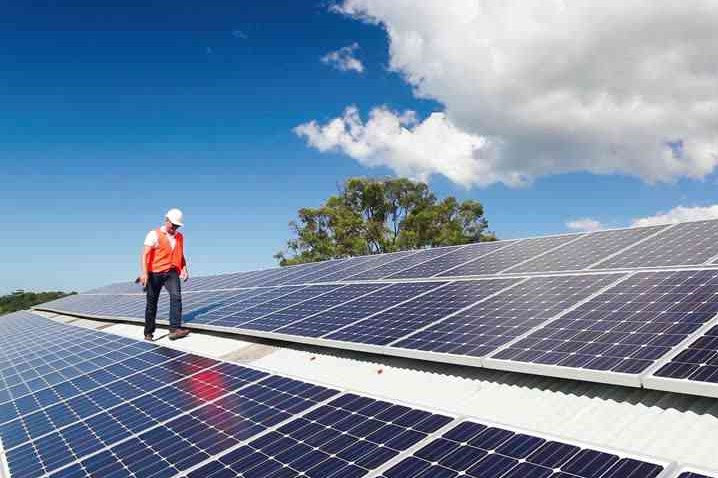
Solar panel installation
A solar PV system uses sunlight to generate electricity which you can use to power your home or office that can reduce your carbon footprint and impact on the environment. Solar energy is created using the energy which has been generated by the sun.
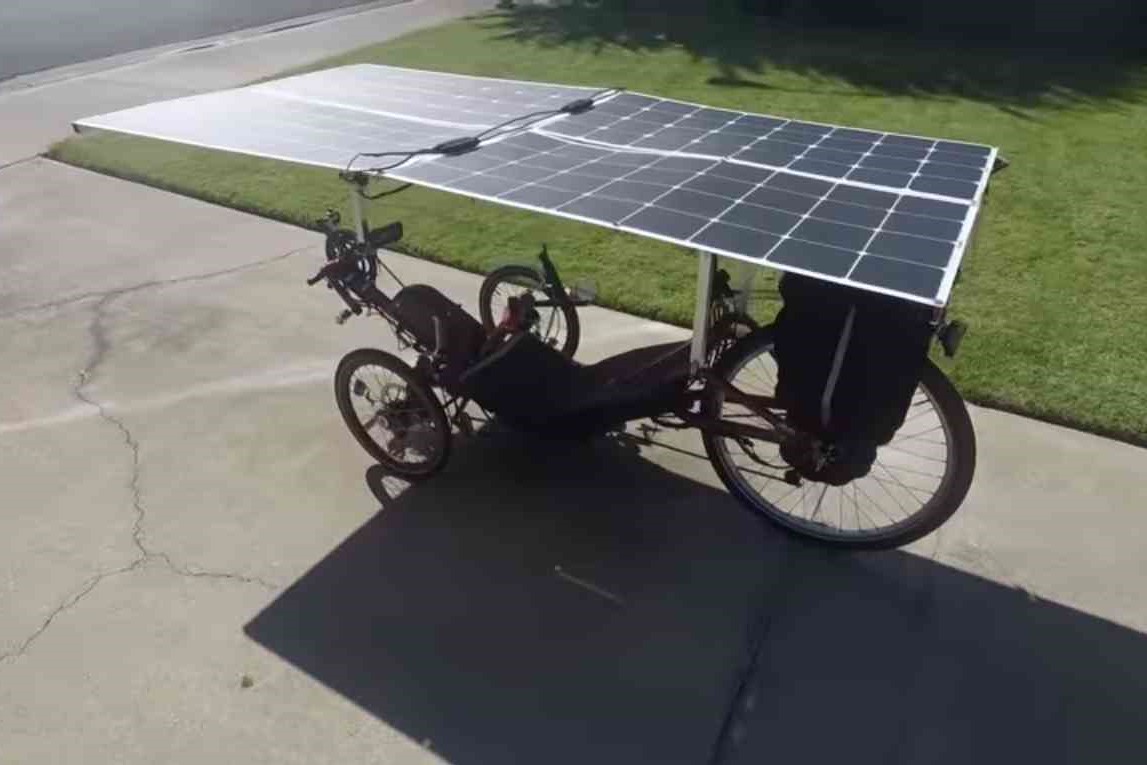
Solar bike and solar car
Solar cars. Solar cars depend on PV cells to convert sunlight into electricity to drive electric motors. Unlike solar thermal energy which converts solar energy to heat, PV cells directly convert the sun into electricity. ... The PV panels on the car would generate electricity to charge the batteries in the car.
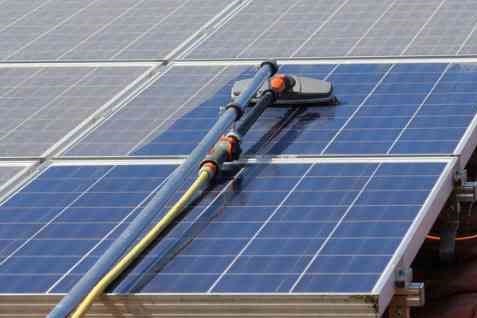
Smart solar panel cleaning machine
This unit comprises of sensors to sense light intensity, dust density, temperature/humidity and output power in order to generate automatic cleaning signal and display the condition of solar panels/farm.
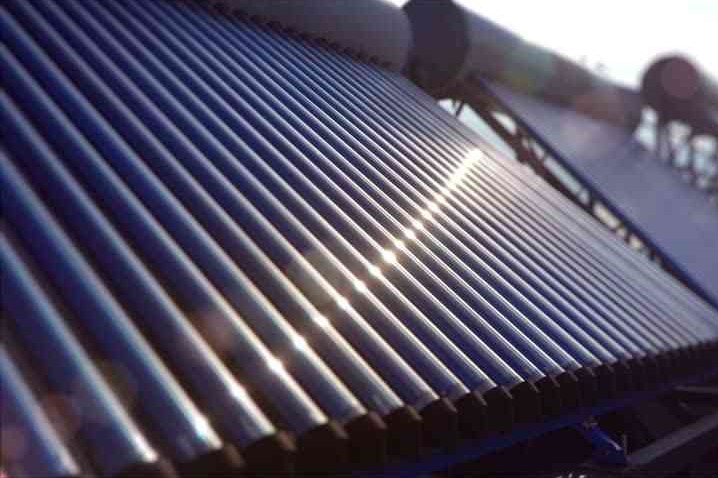
Solar water heater
Solar water heating (SWH) is the conversion of sunlight into heat for water heating using a solar thermal collector. A sun-facing collector heats a working fluid that passes into a storage system for later use. SWH are active (pumped) and passive (convection-driven).
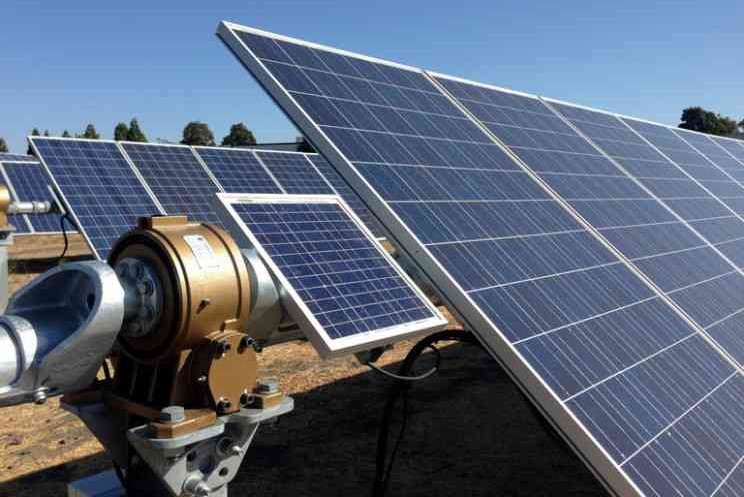
-Solar tracking system
Solar trackers are devices used to orient photovoltaic panels, reflectors, lenses or other optical devices toward the sun. Since the sun's position in the sky changes with the seasons and the time of day, trackers are used to align the collection system to maximize energy production.
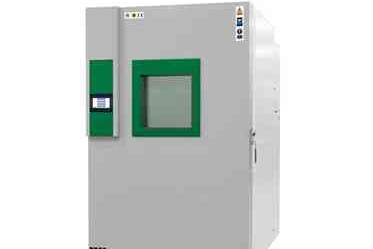
Solar panel testing
Testing is used to determine the maximum exposure temperature that can be reached before degradation or equipment failure occurs. For this type of testing, temperature-only simulation is considered imperfect, as it does not take into account the differential heating effects caused by solar radiation.